IBM quantum computer runs machine-learning algorithm to find Higgs events.


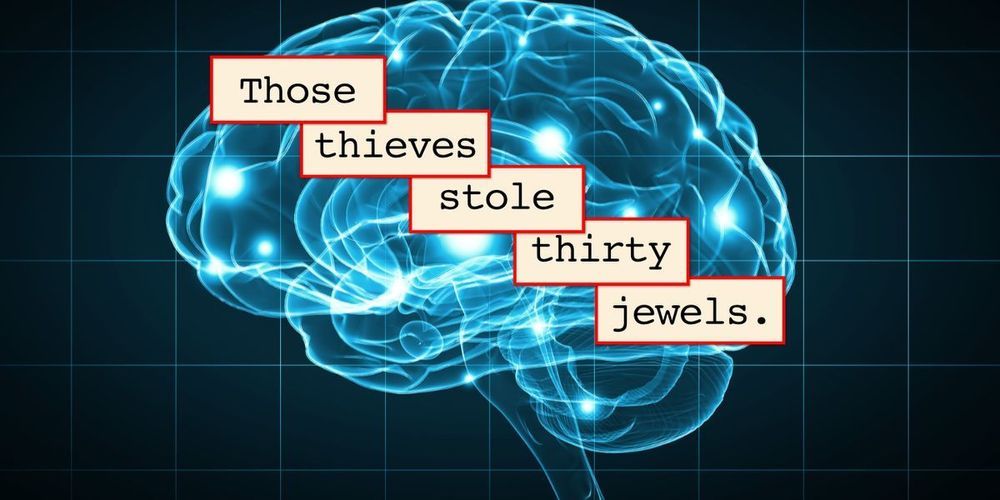
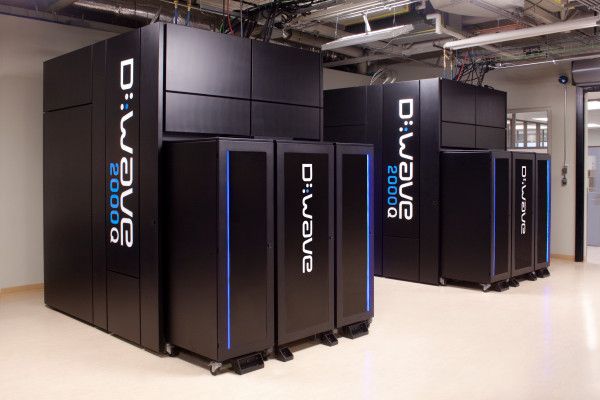
D-Wave, the Canadian quantum computing company, today announced that it is giving anyone who is working on responses to the COVID-19 free access to its Leap 2 quantum computing cloud service. The offer isn’t only valid to those focusing on new drugs but open to any research or team working on any aspect of how to solve the current crisis, be that logistics, modeling the spread of the virus or working on novel diagnostics.
One thing that makes the D-Wave program unique is that the company also managed to pull in a number of partners that are already working with it on other projects. These include Volkswagen, DENSO, Jülich Supercomputing Centre, MDR, Menten AI, Sigma-i Tohoku University, Ludwig Maximilian University and OTI Lumionics. These partners will provide engineering expertise to teams that are using Leap 2 for developing solutions to the Covid-19 crisis.
As D-Wave CEO Alan Baratz told me, this project started taking shape about a week and a half ago. In our conversation, he stressed that teams working with Leap 2 will get a commercial license, so there is no need to open source their solutions and won’t have a one-minute per month limit, which are typically the standard restrictions for using D-Wave’s cloud service.
Ai-Da is the world’s first ultra-realistic artist robot powered by AI and named after Ada Lovelace, the first female computer programmer in the world. She is a humanoid with human facial features and a robotic body created by the Oxfordians, a group of cutting-edge art and technology experts. Embedded with a groundbreaking algorithm, she has taken the scientific and art world by surprise, now becoming an intense subject of conversation in over 900 publications worldwide. She has already collaborated with Tate Exchange and WIRED at the Barbican, Ars Electronica, and will be performing at the Louvre Abu-Dhabi later this year.
Here, she discusses what it means to identify as a creative without a consciousness with Futurist Geraldine Wharry.
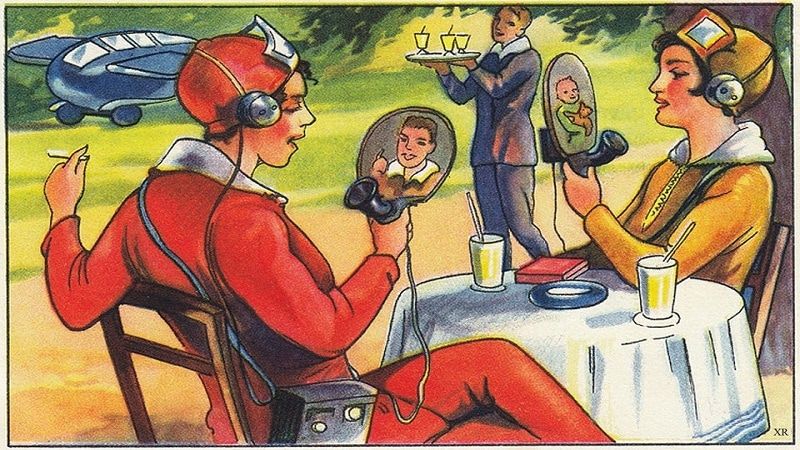
Here’s something I think you’ll find quite interesting… These crazy images were created by French artist Jean-Marc Cote, and a few others back in 1899, 1900, 1901, and 1910.
The point being… Well, basically they were asked to imagine what life would be like in the year 2000. According to Collective-Evolution, these artworks were originally in the form of postcards or paper cards enclosed in cigarette and cigar boxes.
The images depict the world as it was imagined it would be like in the year 2000. Some of these unique illustrations are actually quite accurate vision of the current era today, including farming machines, robotic equipment, and flying machines. Now we haven’t started riding giant seahorses yet, although it does look like one hell of a good time.

The Mayo Clinic today announced a partnership with Bestmile and the Jacksonville Transportation Authority (JTA) to deploy autonomous shuttles that transport medical equipment and COVID-19 tests collected at the hospital’s drive-thru testing site. The hope is that they’ll expedite the delivery of much-needed supplies while reducing the risk of human exposure to the coronavirus.
On March 30, the Mayo Clinic says its branch in Florida began using four shuttles from suppliers Beep and Navya to transport COVID-19 tests from the testing site to a processing laboratory on the hospital’s campus. (Beep transported three shuttles from Lake Nona, outside of Orlando, which JTA supplemented with an additional shuttle from an ongoing autonomous vehicle program.) COVID-19 test samples are stored in secure containers prior to Mayo Clinic staff loading the contents onto the shuttle, which then takes routes isolated from pedestrians and traffic while Mayo Clinic, Beep, and JTA personnel monitor them from a mobile command center.

This will probably be the lead in to the Atlas robots replacing packing handlers. The robotic copy of human hands still isnt ready, but worst case they could just use rubber grippers til the hands are ready.
Big retailers have rolled out sick leave during the pandemic, but some workers describe a confusing process for getting paid.
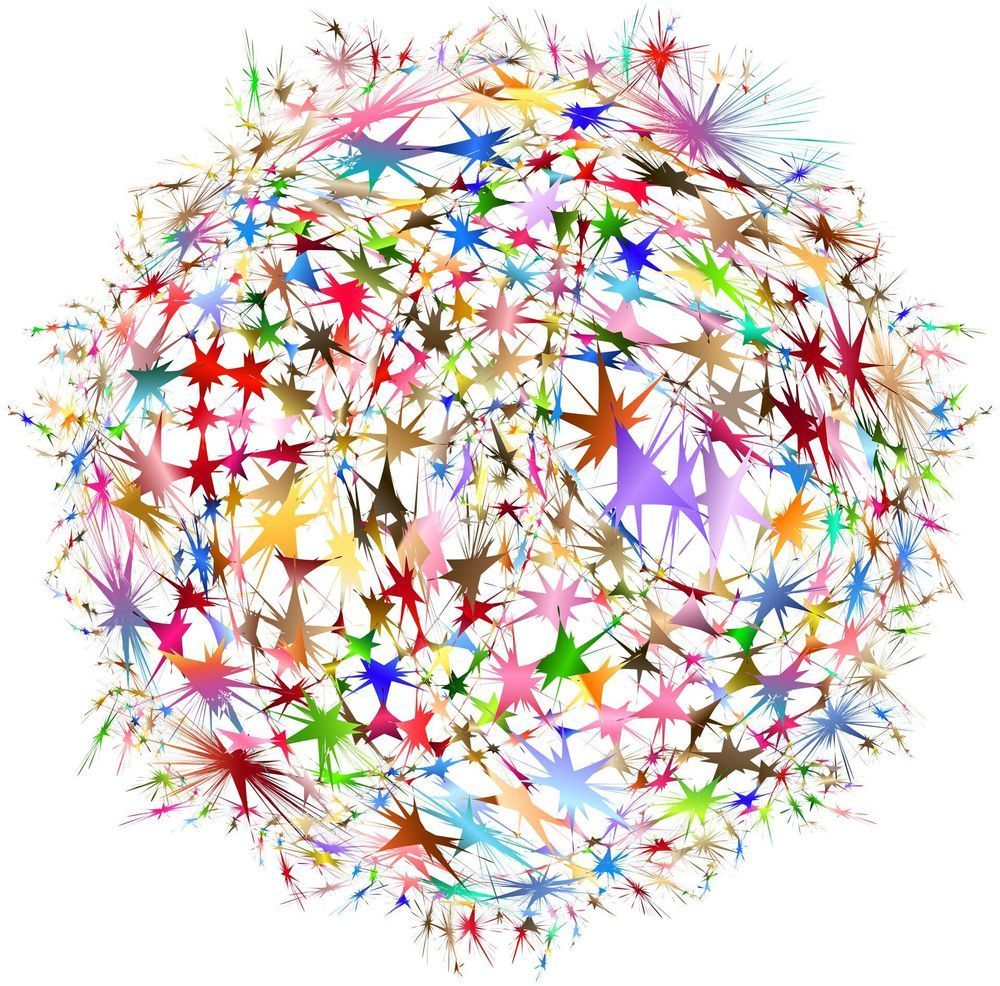
Daily life during a pandemic means social distancing and finding new ways to remotely connect with friends, family and co-workers. And as we communicate online and by text, artificial intelligence could play a role in keeping our conversations on track, according to new Cornell University research.
Humans having difficult conversations said they trusted artificially intelligent systems —the “smart” reply suggestions in texts—more than the people they were talking to, according to a new study, “AI as a Moral Crumple Zone: The Effects of Mediated AI Communication on Attribution and Trust,” published online in the journal Computers in Human Behavior.
“We find that when things go wrong, people take the responsibility that would otherwise have been designated to their human partner and designate some of that to the artificial intelligence system,” said Jess Hohenstein, a doctoral student in the field of information science and the paper’s first author. “This introduces a potential to take AI and use it as a mediator in our conversations.”
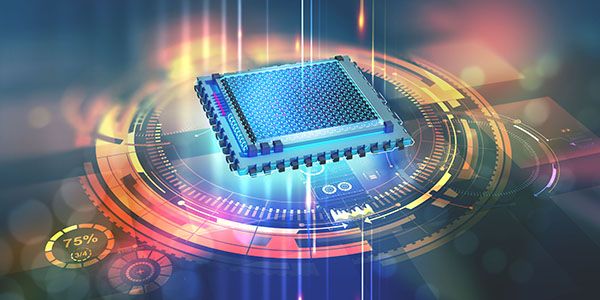
Quantum computers will revolutionize information technology, ushering in an era where certain types of calculations will be performed with almost unimaginable speed. Practical applications will include healthcare disciplines such as molecular biology and drug discovery; big data mining; financial services such as portfolio analysis and fraud detection; and artificial intelligence and machine learning.
The federal government is helping to create an environment in which quantum computing innovation and experimentation can flourish. The National Quantum Initiative Act puts $1.2 billion into the quantum research budgets of the Energy Department, the National Institute of Standards and Technology, NASA and the National Science Foundation. The law also outlines a 10-year plan to accelerate the development of quantum information science and technology applications.
Meanwhile, The White House’s Office of Science and Technology Policy is working to ensure that economic growth opportunities and opportunities for improving the world are baked into quantum policies and systems.
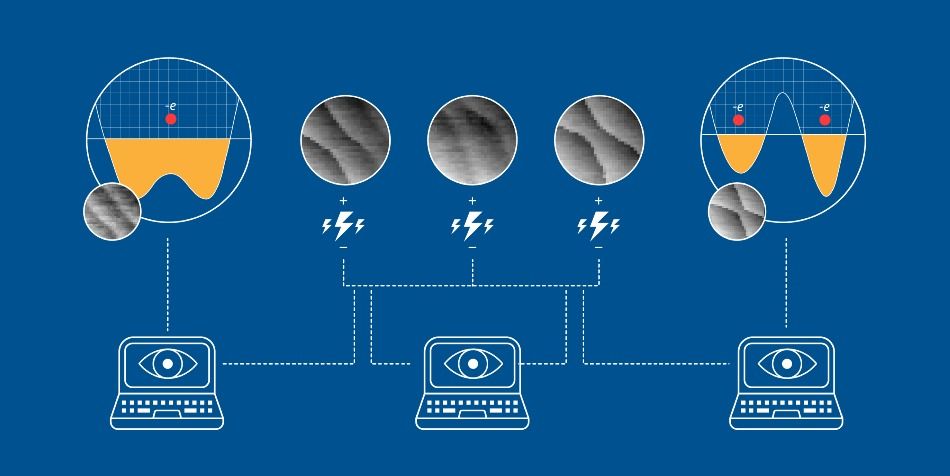
The same concept applies to the processor integrated into a quantum computer, whose fragile bits should be tuned optimally before it can execute a calculation. But who would be the right mechanic to perform this quantum tune-up task?
According to a group that comprises researchers from the National Institute of Standards and Technology (NIST), the quantum tune-up job can be performed by artificial intelligence (AI).
Published in the Physical Review Applied journal, the researchers’ paper shows how an AI can be trained to make an interconnected set of modifications to minute quantum dots. These quantum dots are among the numerous potential devices used for developing the quantum bits, also known as qubits,” that would create the switches in the processor of a quantum computer.